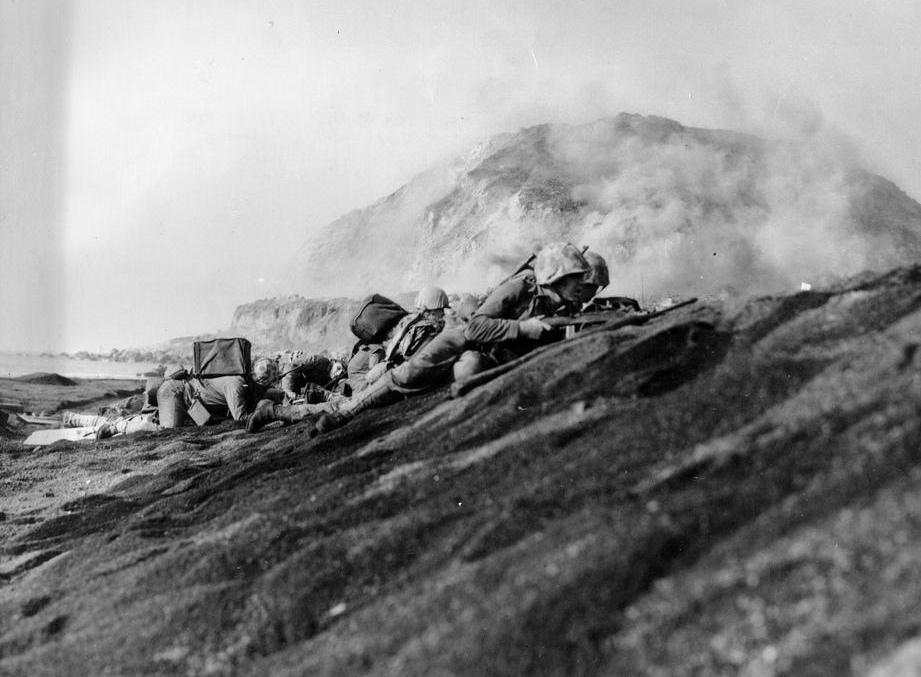At WiseGEEK, we're committed to delivering accurate, trustworthy information. Our expert-authored content is rigorously fact-checked and sourced from credible authorities. Discover how we uphold the highest standards in providing you with reliable knowledge.
What are the Different PTSD Symptoms?
Post-traumatic stress disorder (PTSD) stems from a person experiencing tragic or traumatic events. For some, post-traumatic stress can affect every aspect of life. Common PTSD symptoms include flashbacks, mental and emotional difficulties, and anger. Additionally, PTSD sufferers may have difficulty with social interactions and suffer from constant anxiety.
Typically, PTSD symptoms begin within three months of the traumatic experience. While some PTSD symptoms may represent the normal grieving and healing process, such as crying and anger, they should subside with time. Until they subside, those suffering from PTSD find the symptoms to be unrelenting and difficult to control.

Revisiting the tragedy through dreams and flashbacks is a symptom of PTSD. Flashbacks can occur without notice and at any time. Categorized as intrusive memories, PTSD sufferers must deal with these interruptions, which can last just a few minutes or continue for days. Sounds, pictures and specific situations may trigger intrusive memories.
Mentally, PTSD sufferers may notice memory and concentration troubles. These PTSD symptoms can interfere with everyday tasks at home and on the job. Another symptom, difficulty sleeping, can exacerbate symptoms related to mental tasks, including those related to memory and concentration.

After experiencing a traumatic event, PTSD sufferers can exhibit a host of emotional difficulties. Some may avoid any activity that reminds them of the event. Post-traumatic stress sufferers also may refrain from getting involved in close relationships.
Feeling guilt, shame or anger are all possible PTSD symptoms. Sufferers may blame themselves for what happened and begin to feel that they could have done something to change the course of the event. This kind of thinking can lead to dangerous self-destructive behavior, such as drinking in excess.
Anxiety is a hallmark symptom of a variety of medical conditions. With PTSD, anxiety may be constant and unrelenting, leading to an interruption in daily tasks and responsibilities. Anxious feelings may lead to a feeling of hopelessness.

Anxiety involves a pattern of constant worry and concern, so PTSD sufferers may also be easily frightened or startled. Even everyday sounds, such as a door slamming, can trigger anxious moments. Feeling constantly on edge can wreak havoc on those suffering from PTSD.
Changes in eating habits, constant crying and a heightened awareness of threats to one’s safety are among the other symptoms recognizable in those suffering from PTSD. Uncontrollable emotions indicate a need to speak to a physician concerning the possibility of PTSD. Obsessive thoughts may also surface and should be communicated to a physician.
AS FEATURED ON:
AS FEATURED ON:



















Discuss this Article
Post your comments